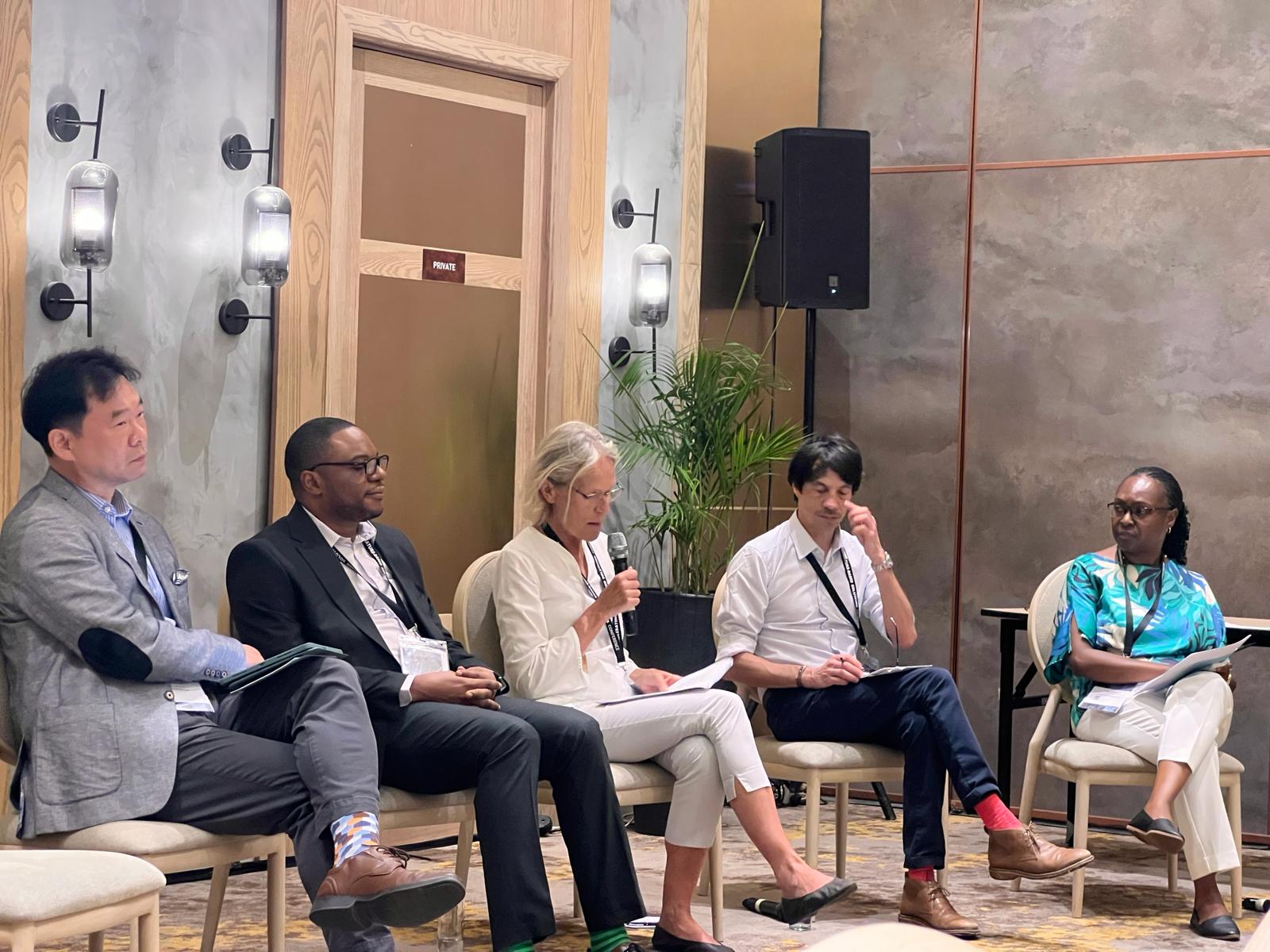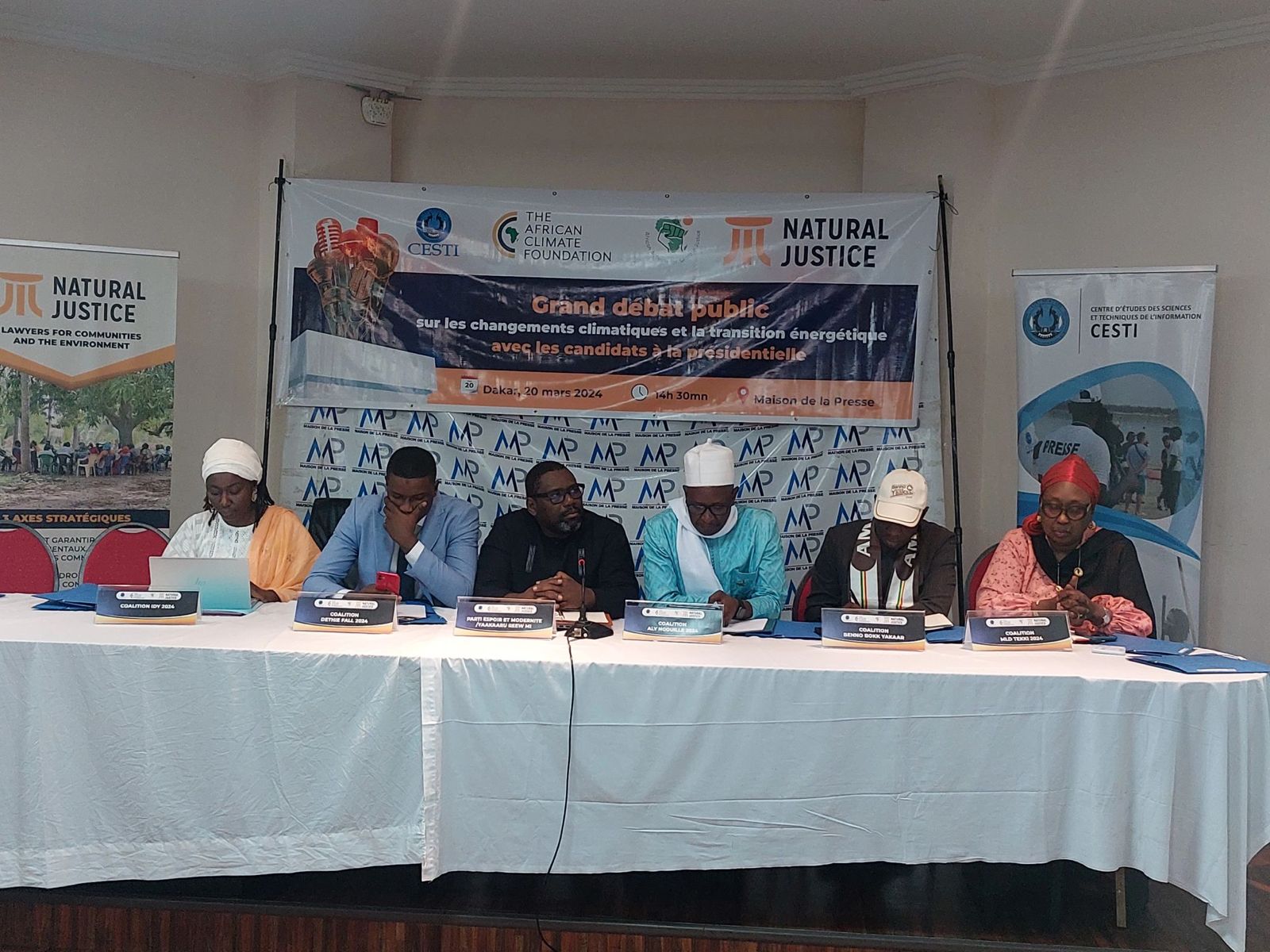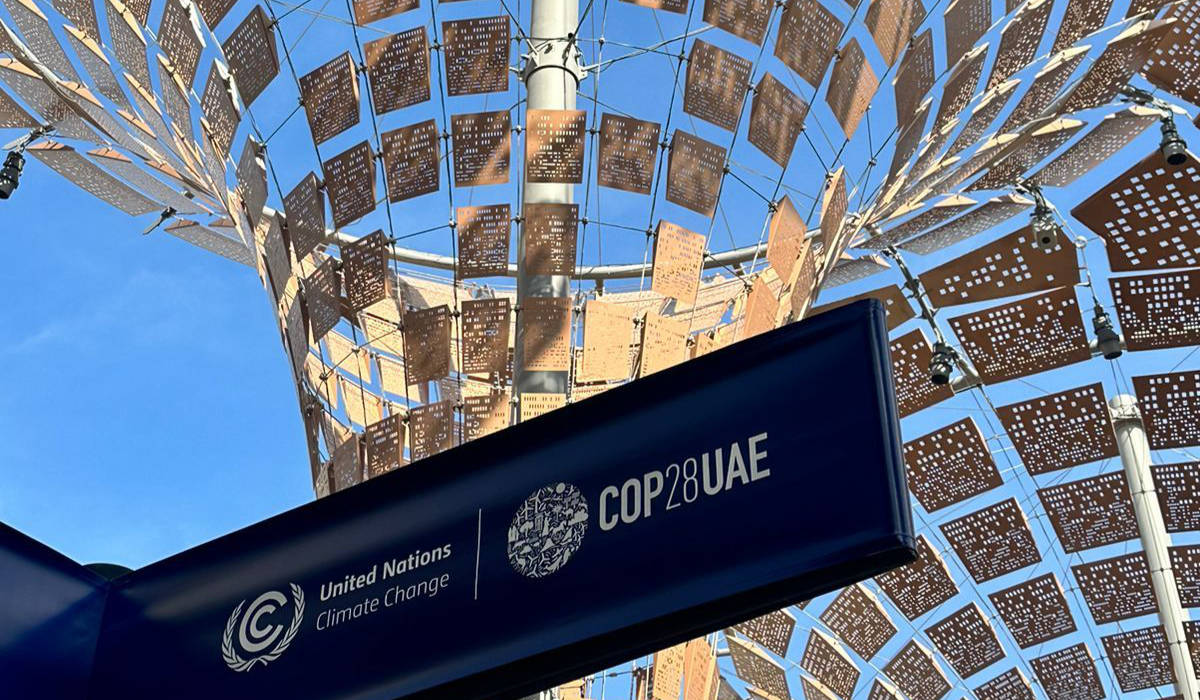Nigeria’s response to climate change was the overall focus at the recent National Conference on Climate Change, COP27 and Beyond in Abuja, Nigeria. The African Climate Foundation supported organisers Corporate Accountability and Public Participation Africa (CAPPA) in this critical engagement, which took place a month before COP27 in Egypt.
CAPPA, a pan-African organisation that works to advance human rights, challenge corporate abuse of natural resources and build community power for inclusive development and participatory governance, believed that the conference brought critical discussion points around climate change policy in Nigeria to the fore.
Frontline community activists, local and international civil society groups, development experts and government representatives gathered in Abuja. Including representation from the African Climate Foundation, Mshai Mkoji – COP27 Project Manager who delivered the opening remarks for the September event. She emphasised the importance of recognising the complementary roles that different constituents play in moving the climate conversation forward and how progress can be achieved if there is collaboration amongst actors.
Delegates engaged in frank discussions, with many at the conference voicing concern at what they perceived as the largely inconsistent incoherent, and exclusive response on climate change from Nigeria, resulting in Nigeria’s citizens not buying into the plan.
In a communique after the conference organisers also highlighted that the 2022 floods in the country led to deaths, rendered millions of Nigerians homeless, while destroying also destroying valuable farmland. But the floods are yet to attract the needed attention and intervention by the federal government.
The conference featured several experts who interrogated Nigeria’s Nationally Determined Contributions (NDC) as well as Nigeria’s Climate Change Act of 2021.
Discussions centred around whether adequate climate financing for the implementation of adaptation and mitigation plans in Nigeria and Africa was available.
Civil organisations also questioned when the historical pollution in the Niger Delta as reflected in the failing Ogoni clean up exercise, will finally be addressed. They said instead, the oil corporations are divesting, dodging accountability and passing the buck to indigenous oil companies.
Many delegates urged Nigeria’s federal government to take the lead in the calling for rich countries to pay loss sand damage liabilities for historical transgressions such as that of the pollution in the delta, and for failure to honour their COP commitments.
Emphasis should also be placed on a just, equitable and inclusive climate change agenda that will convey the interests of all, particularly the highly impacted frontline communities.
Nigeria’s vice president, Professor Yemi Osinbajo was one of the guests attending.
Philip Jakpor, CAPPA Director of Programmes said the conference enriched the existing pool of information and resources needed to upscale inclusive climate change programming in Nigeria and by extension Africa. He added that robust discussions were needed in the space.
Dr Nnimmo Bassey, former chair of Friends of the Earth International, and current Executive Director of Health of Mother Earth Foundation (HOMEF) delivered the keynote address on Nigeria, COP27 and the Quest for Real Solutions.
Panels at the conference discussed Nigeria’s Climate Response Policy Environment and probed Nigeria’s 2021 NDC. Delegates also debated false solution around phasing out fossil fuels and the false solutions in doing so. Pathways to a just transition for Africa was discussed and the Ukraine-Russia War and Renewed Scramble for Oil in Africa also drew heated comments.
CAPPA believes the conference strengthened their goal of building and strengthening partnerships within African communities to take social action towards the promotion and defence of their rights.
The conference empowered these communities to challenge the abuse of natural resources, the environment and people through corporate and state policies and practices.



